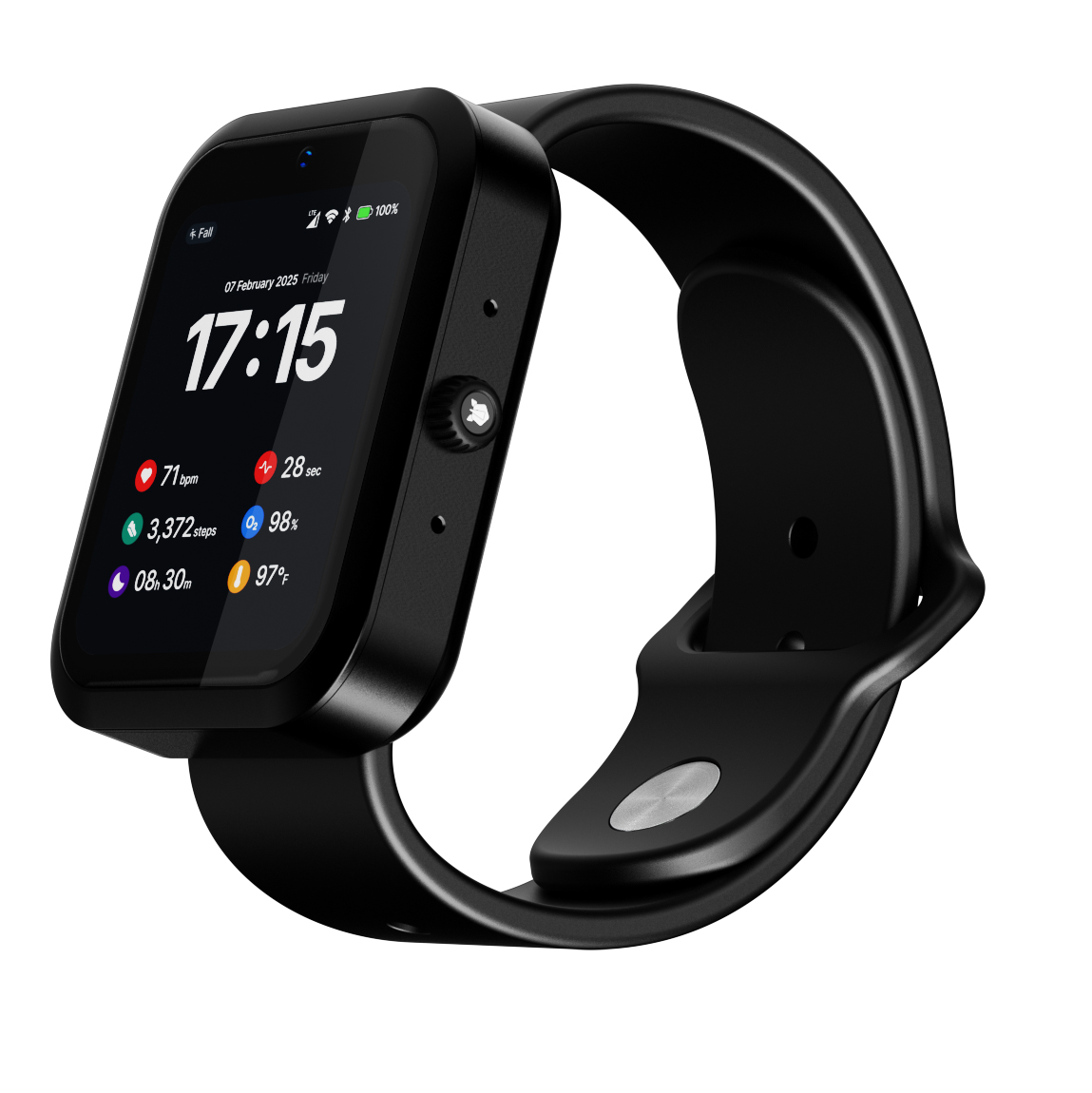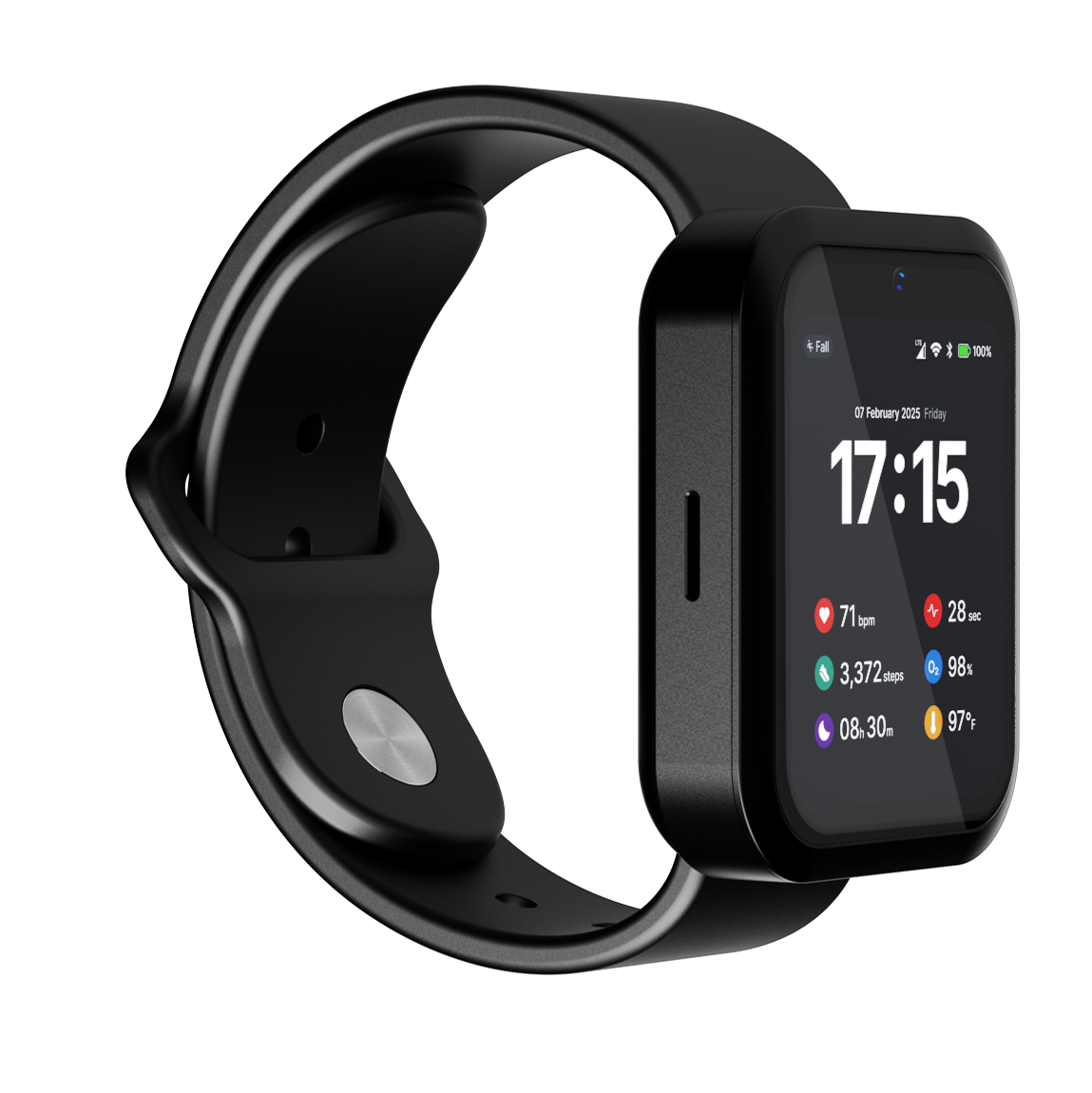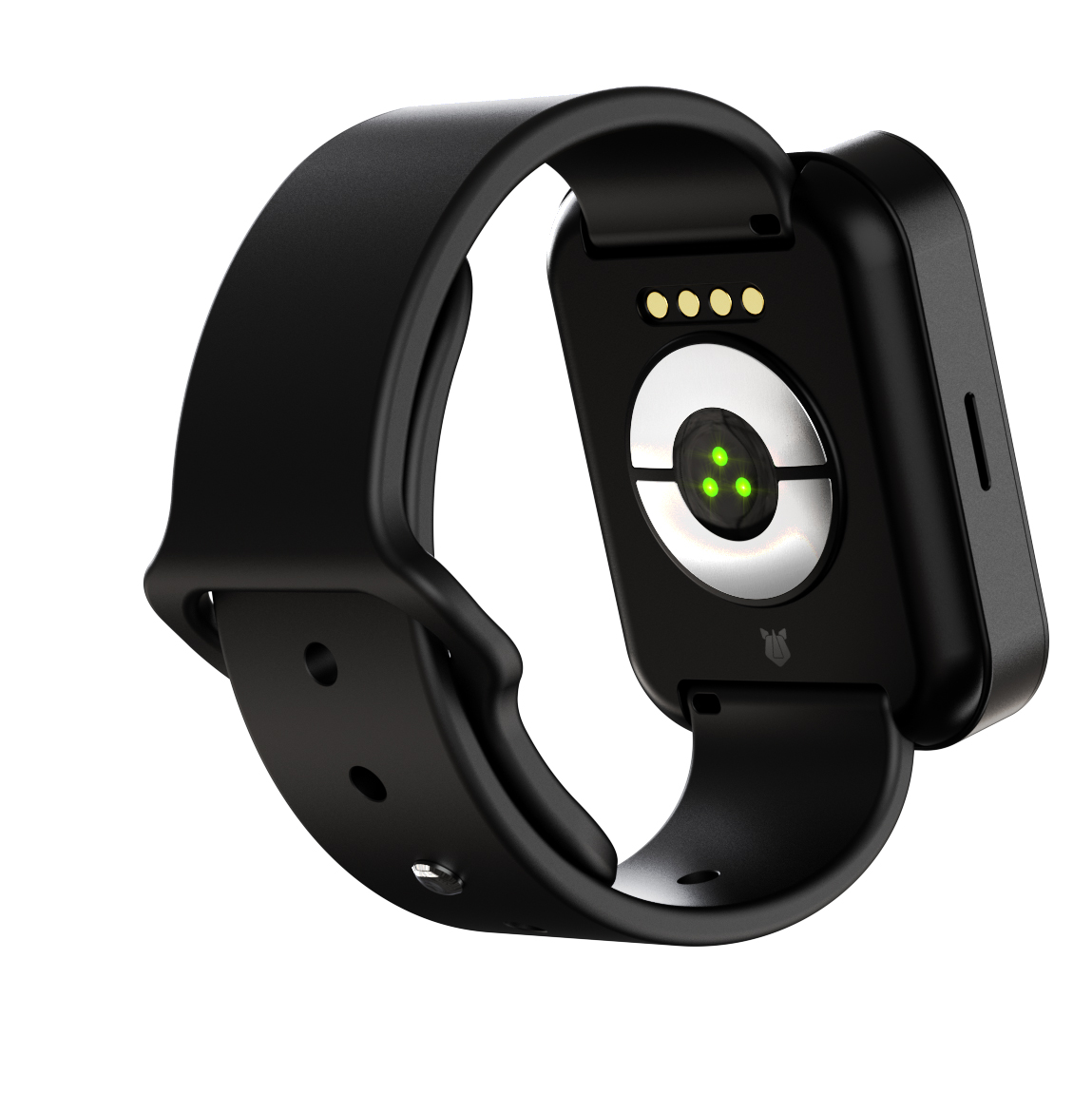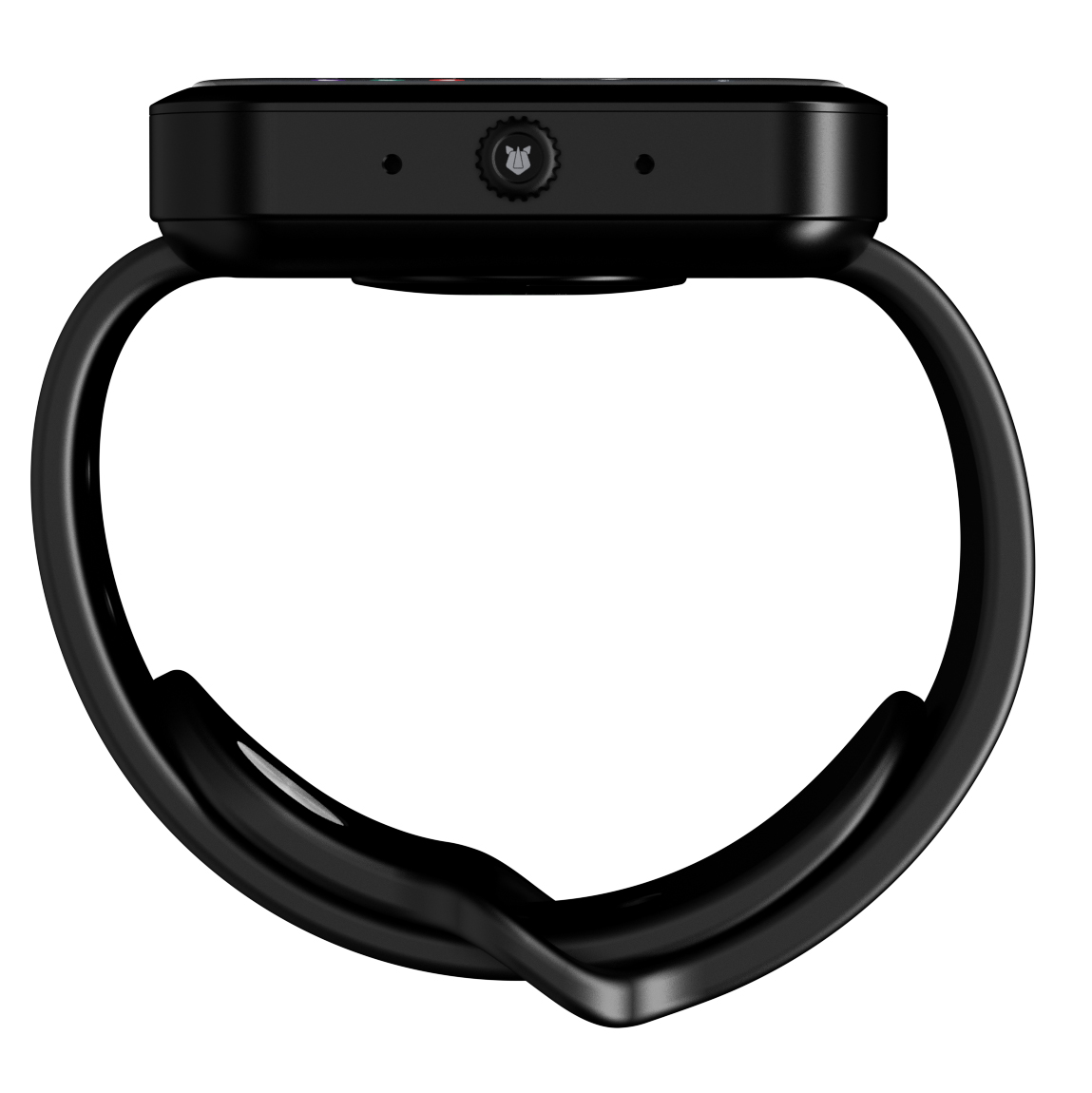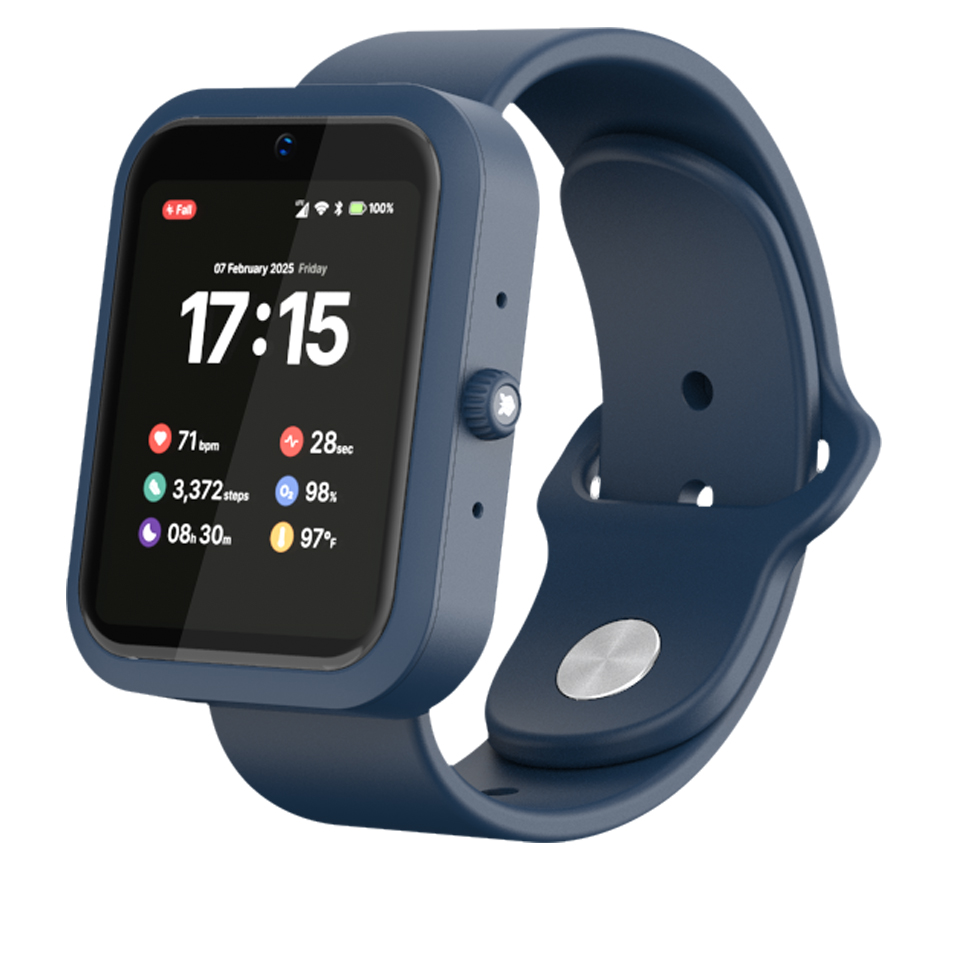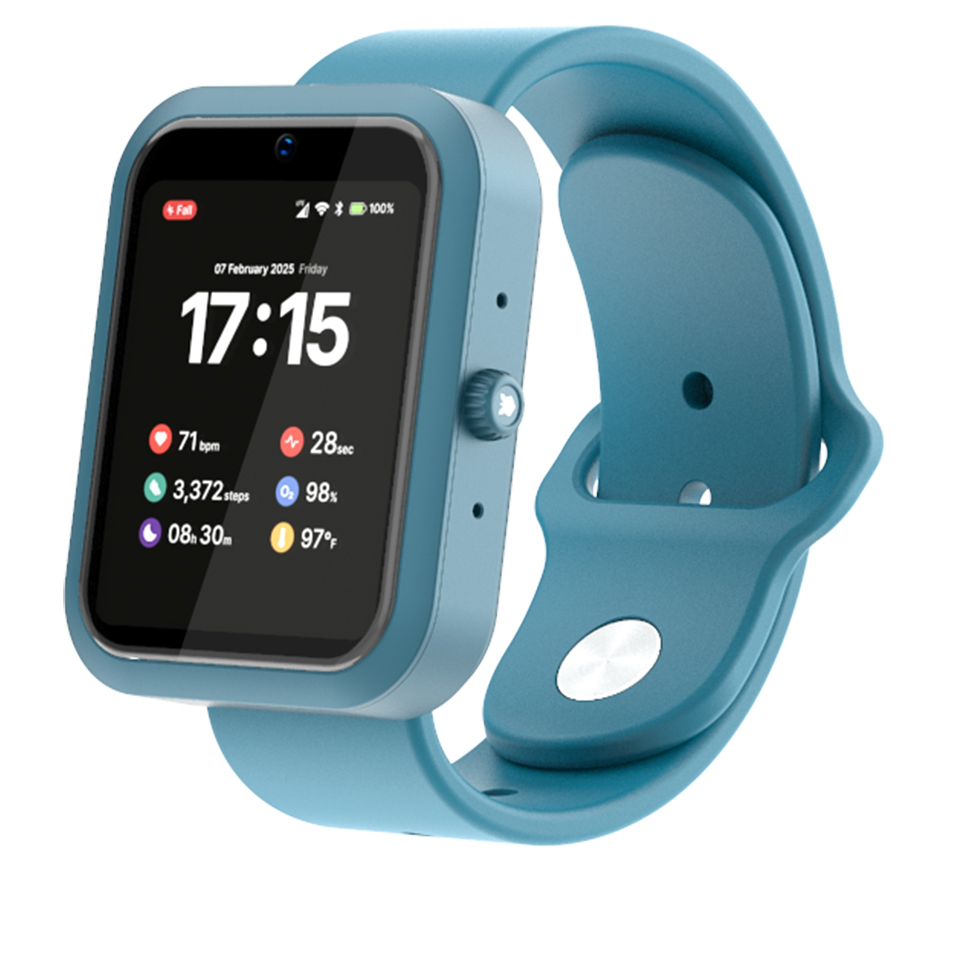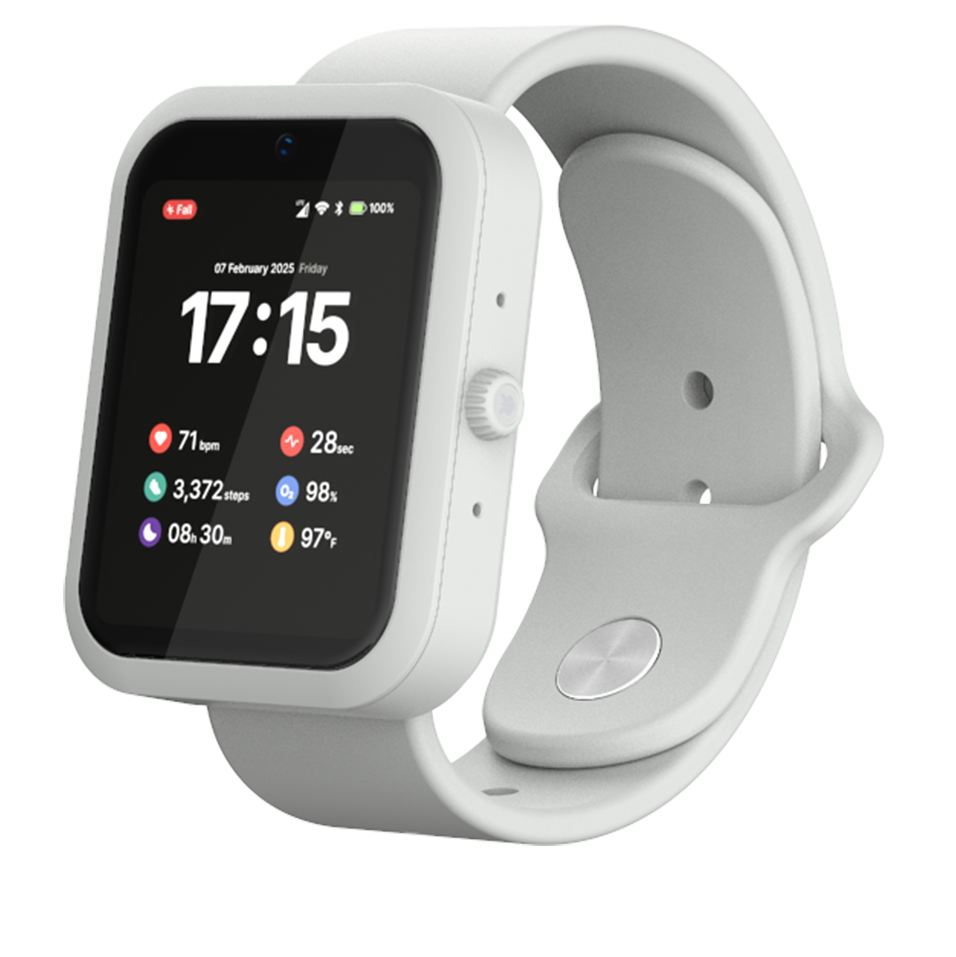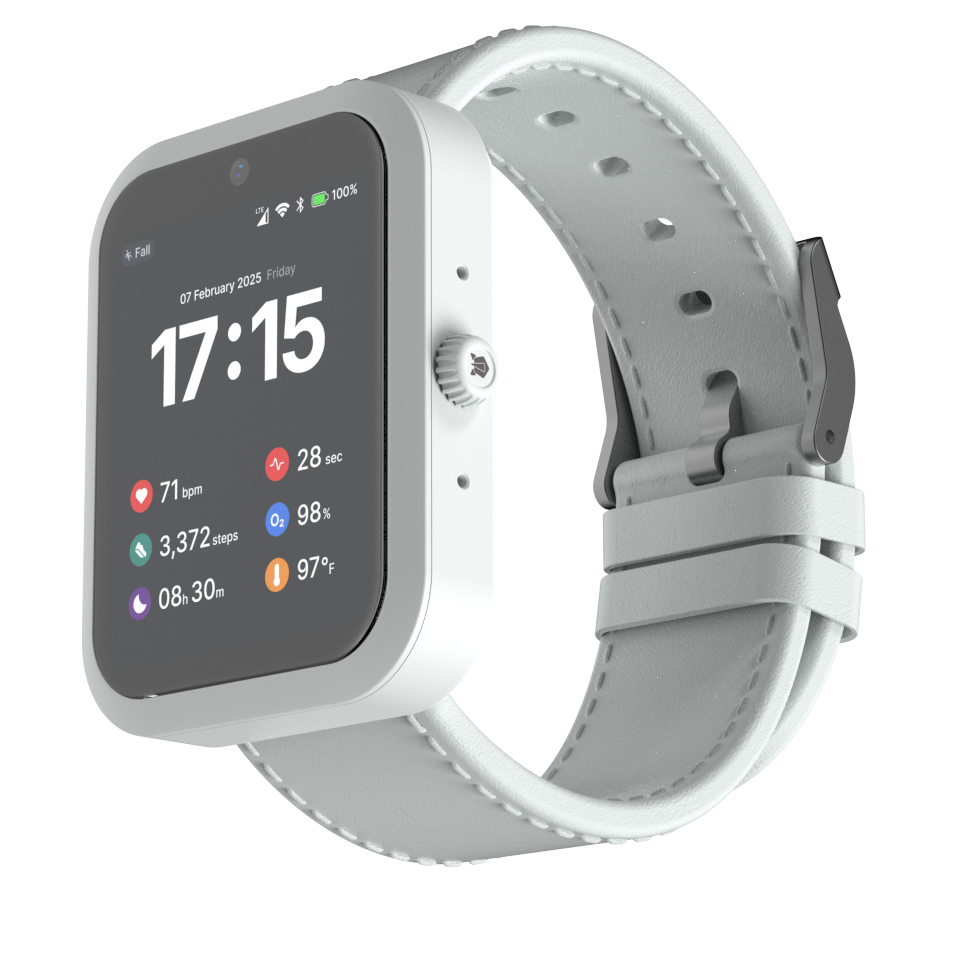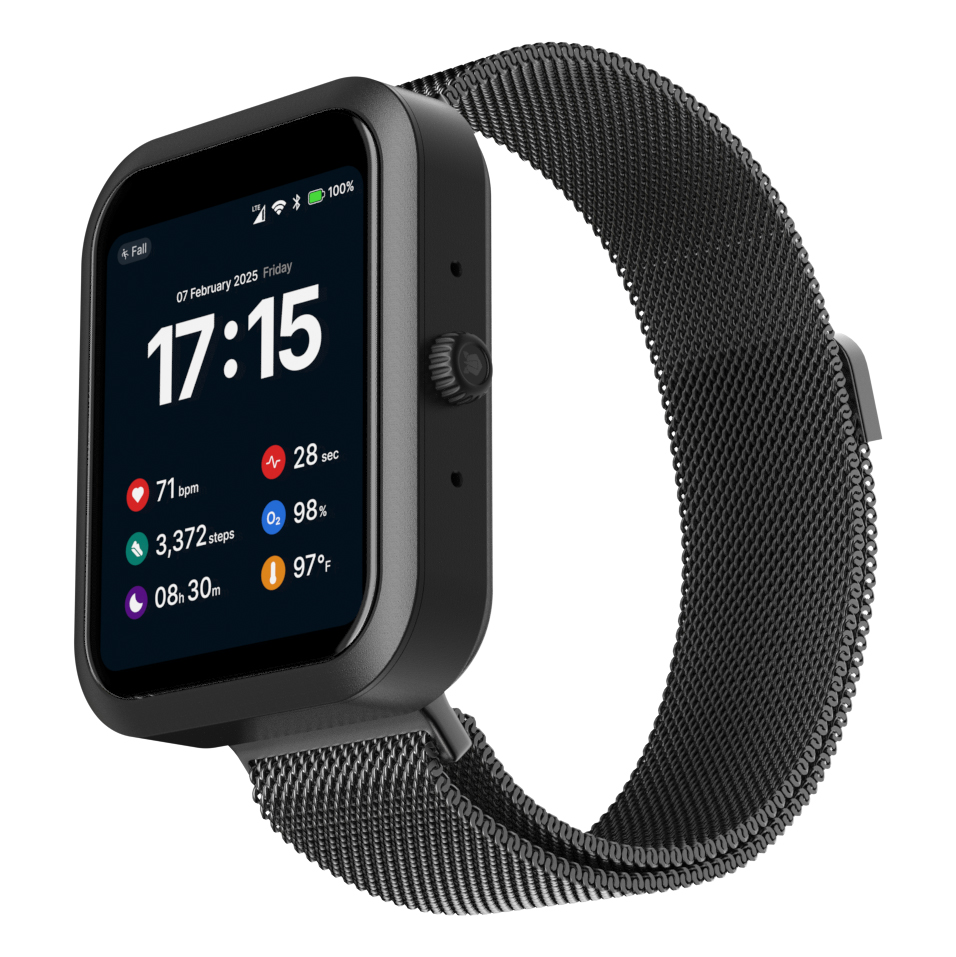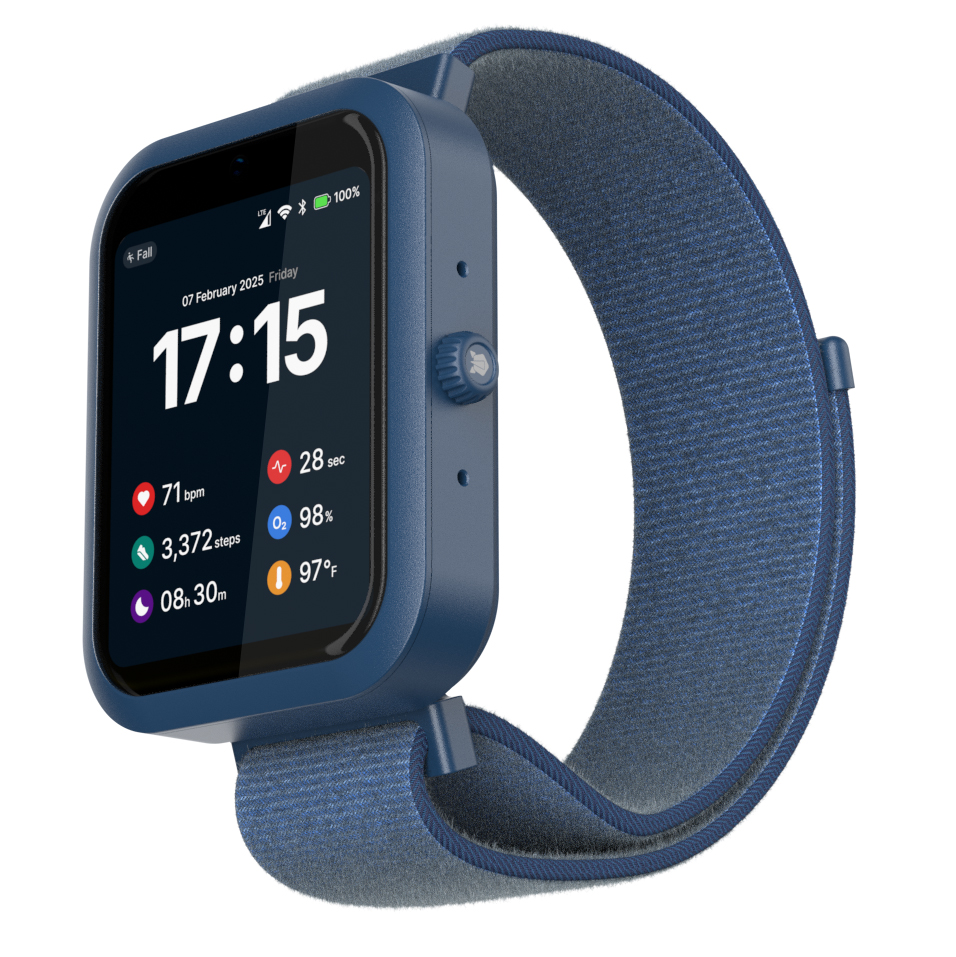RHINO V1 Health Wearable
A connected wearable watch for healthcare applications.
The RHINO V1 is a standalone, connected smartwatch made for healthcare use cases like remote patient monitoring, telehealth, and more. Features include sensors for tracking vitals, real-time location monitoring, an integrated camera for video conferencing, eSIM capability, charging on-the-go, and more.
A Wearable Built For Healthcare
The RHINO V1 has been designed to meet the needs of healthcare, enabling modern health use cases and applications.

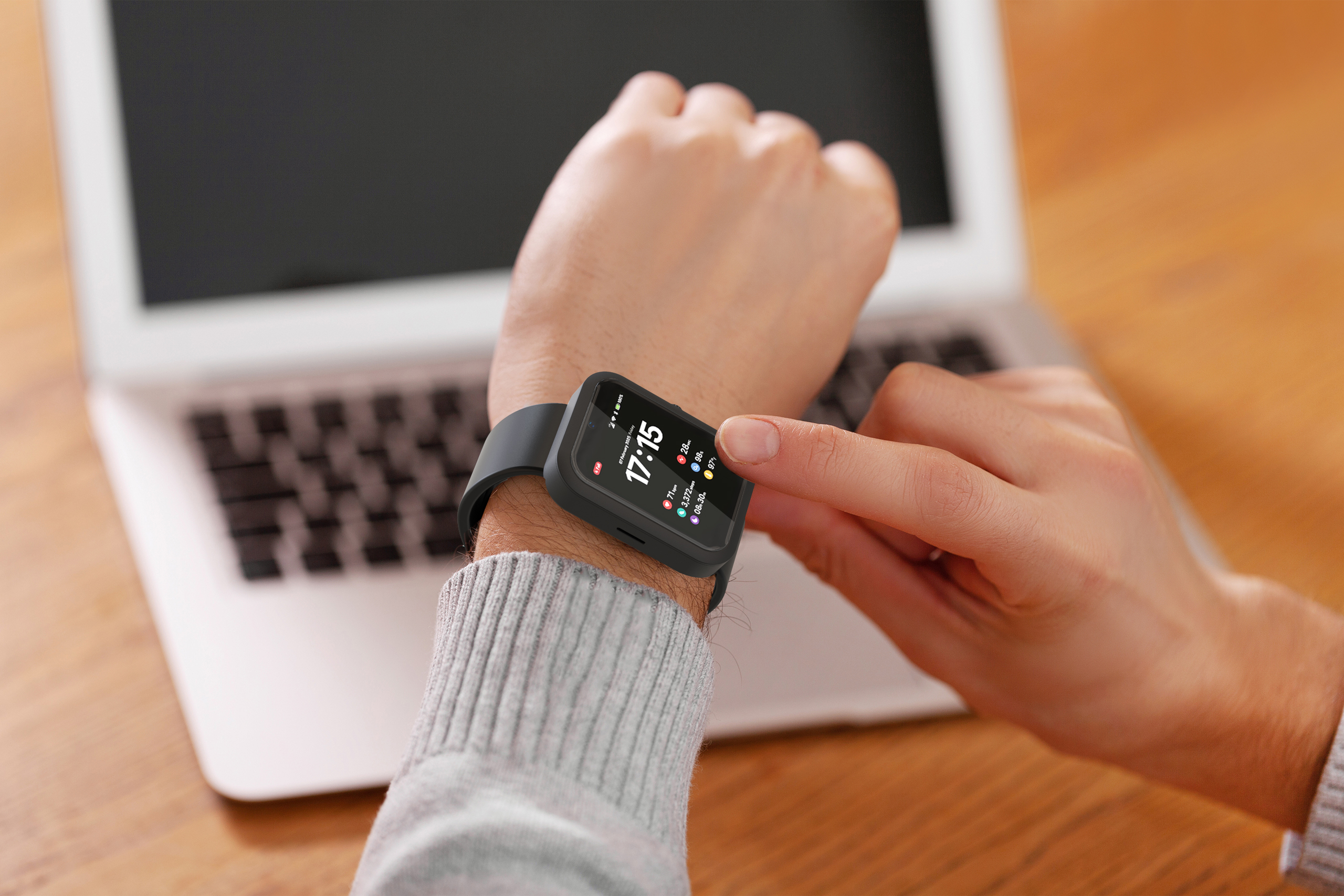
Empowering healthcare productivity with global connectivity.
1.8″ AMOLED touchscreen for easy navigation.
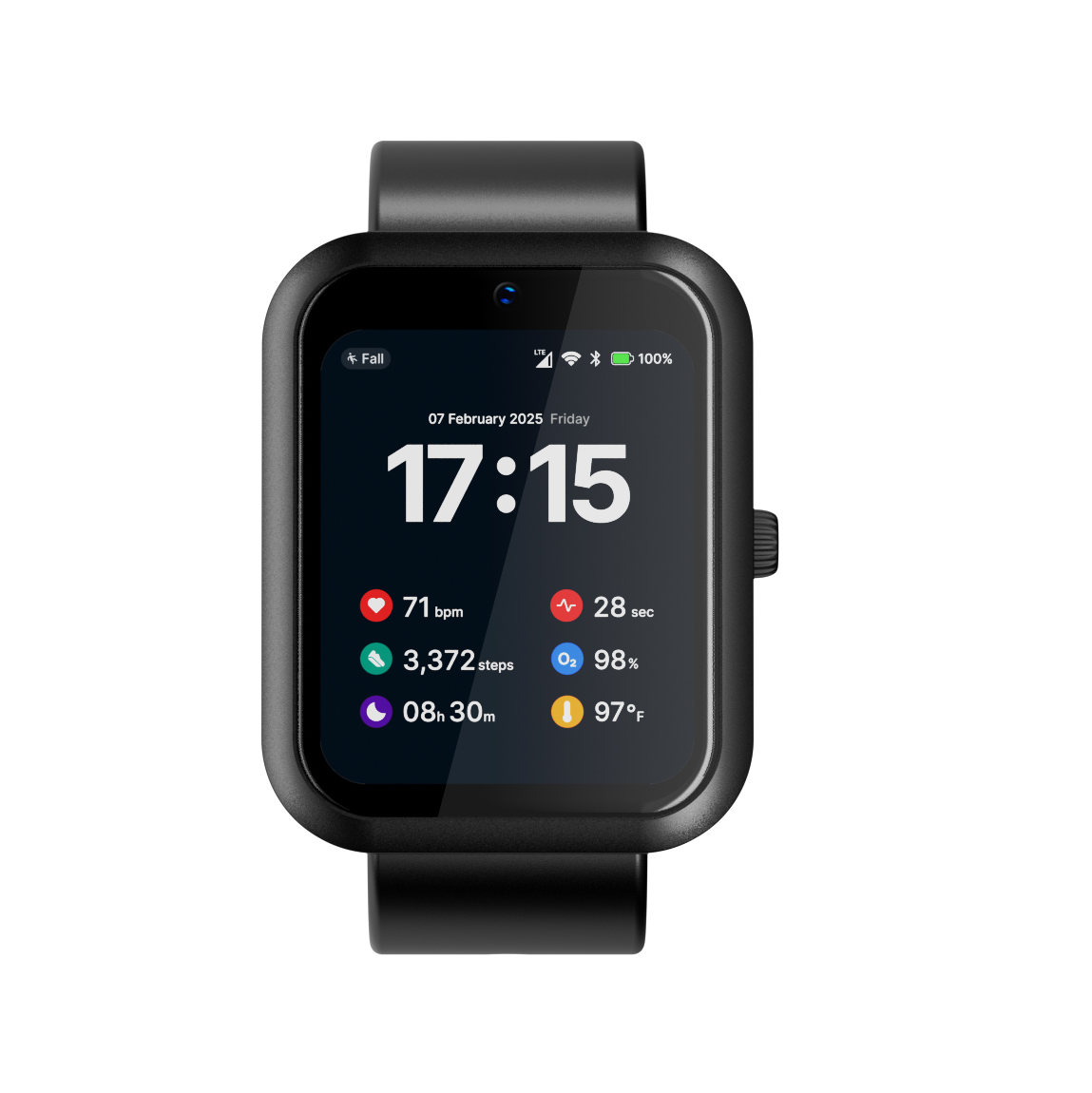
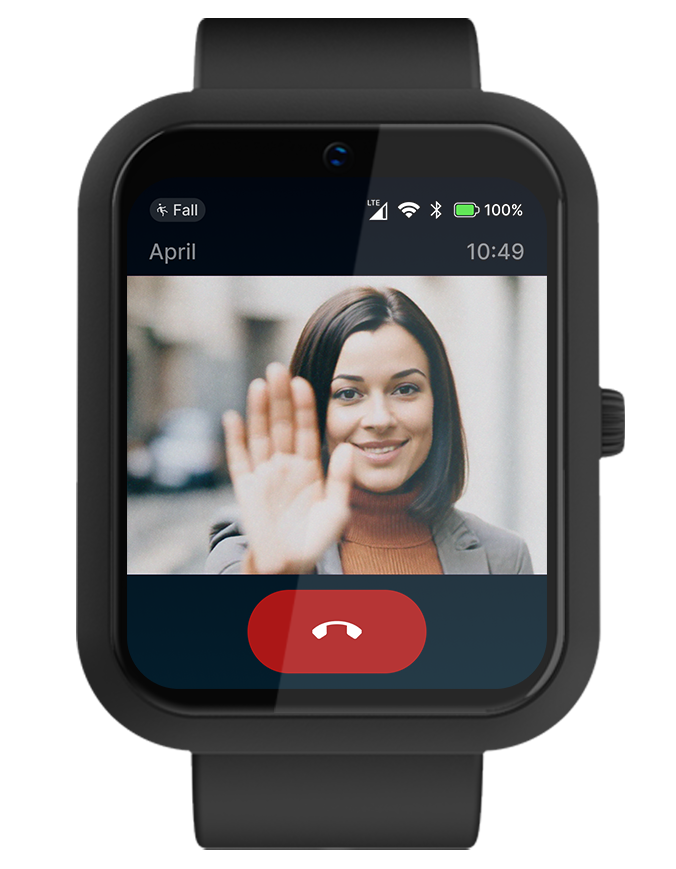
5 MP camera for clear video conferencing and monitoring.
Monitor heart rate, blood oxygen level, SpO₂, respiratory rate, ECG, body temperature, sleep, and more.
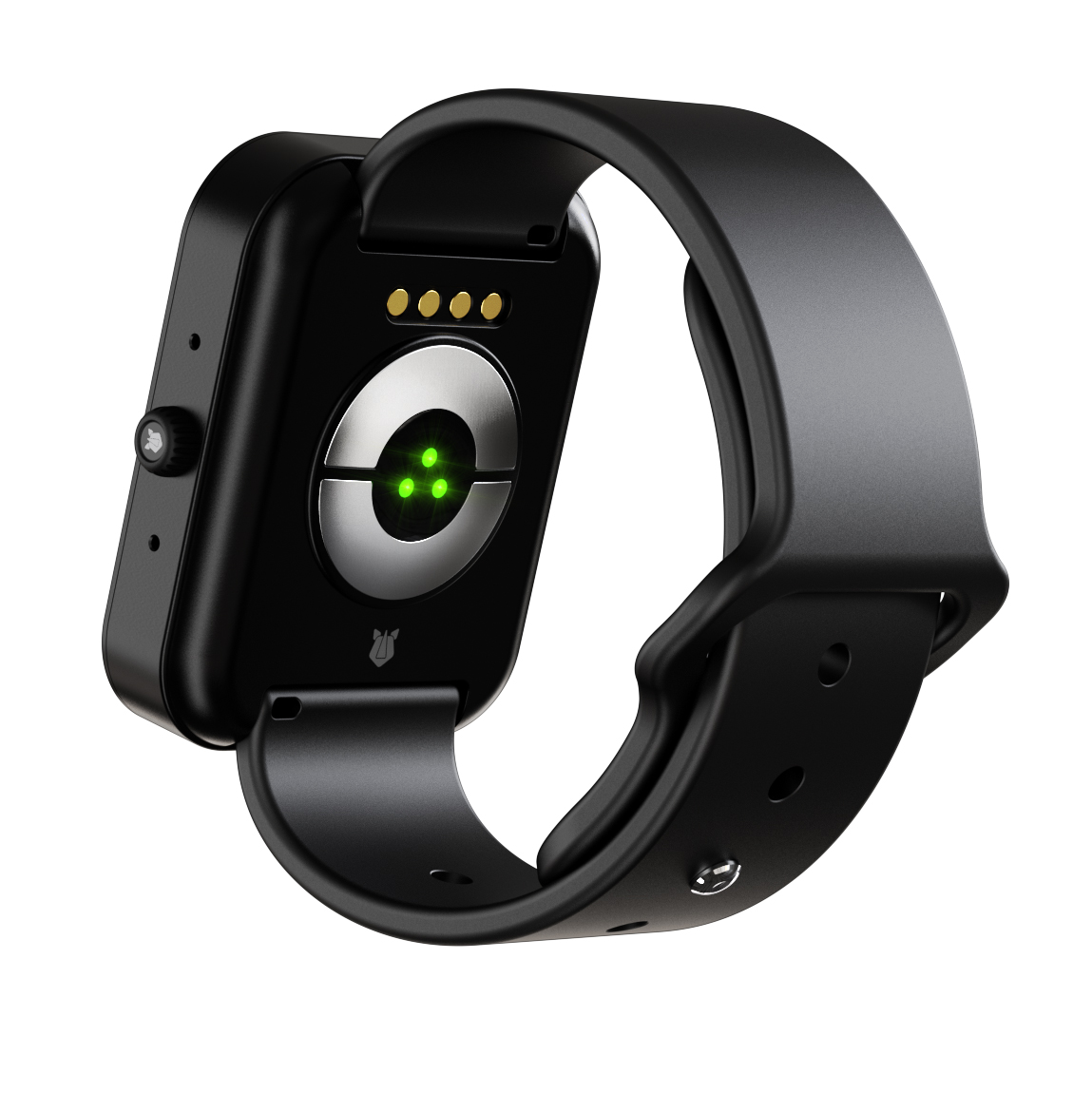
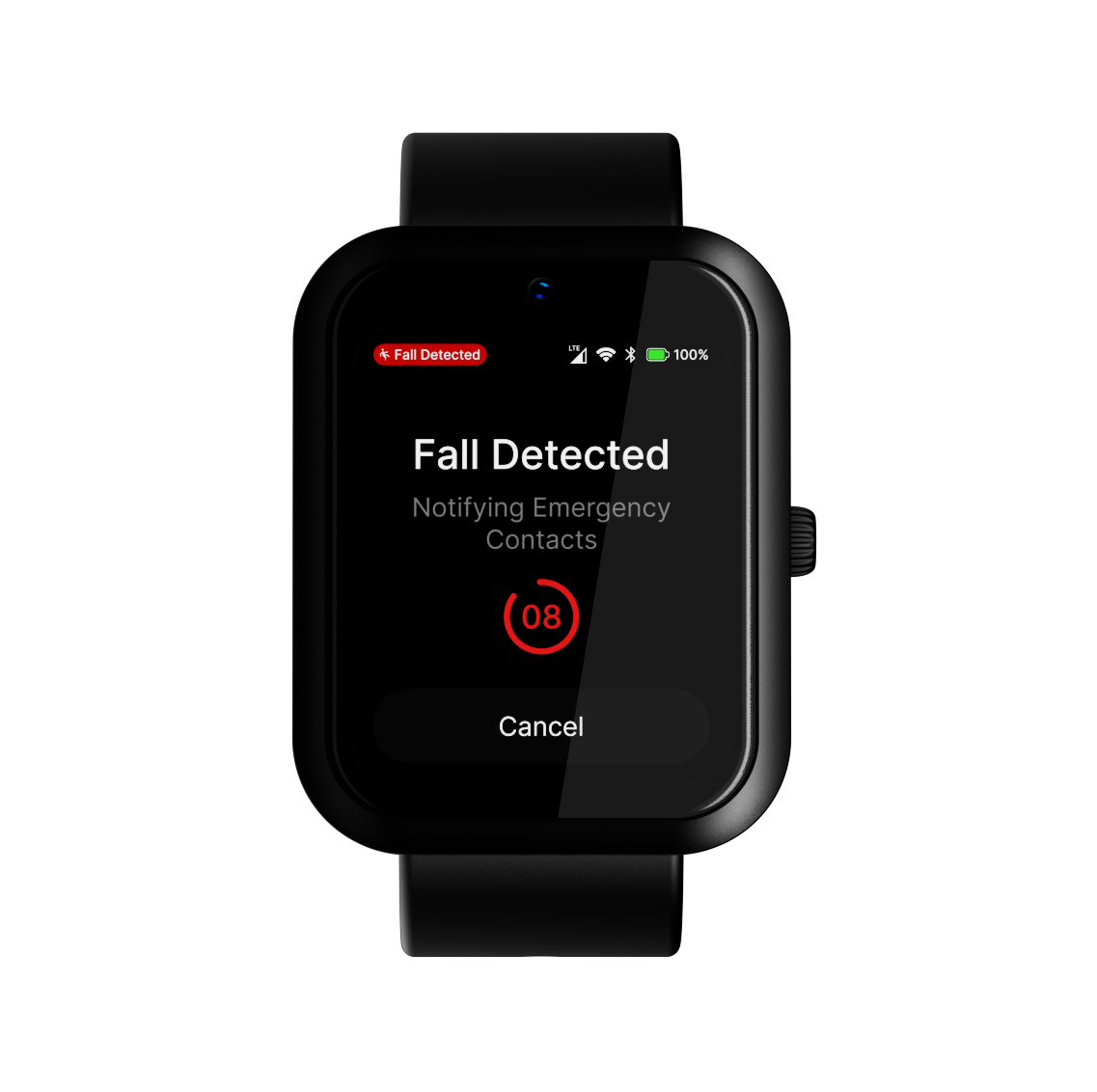
Fall detection and real-time position tracking.
Runs on Android™ (Go edition).
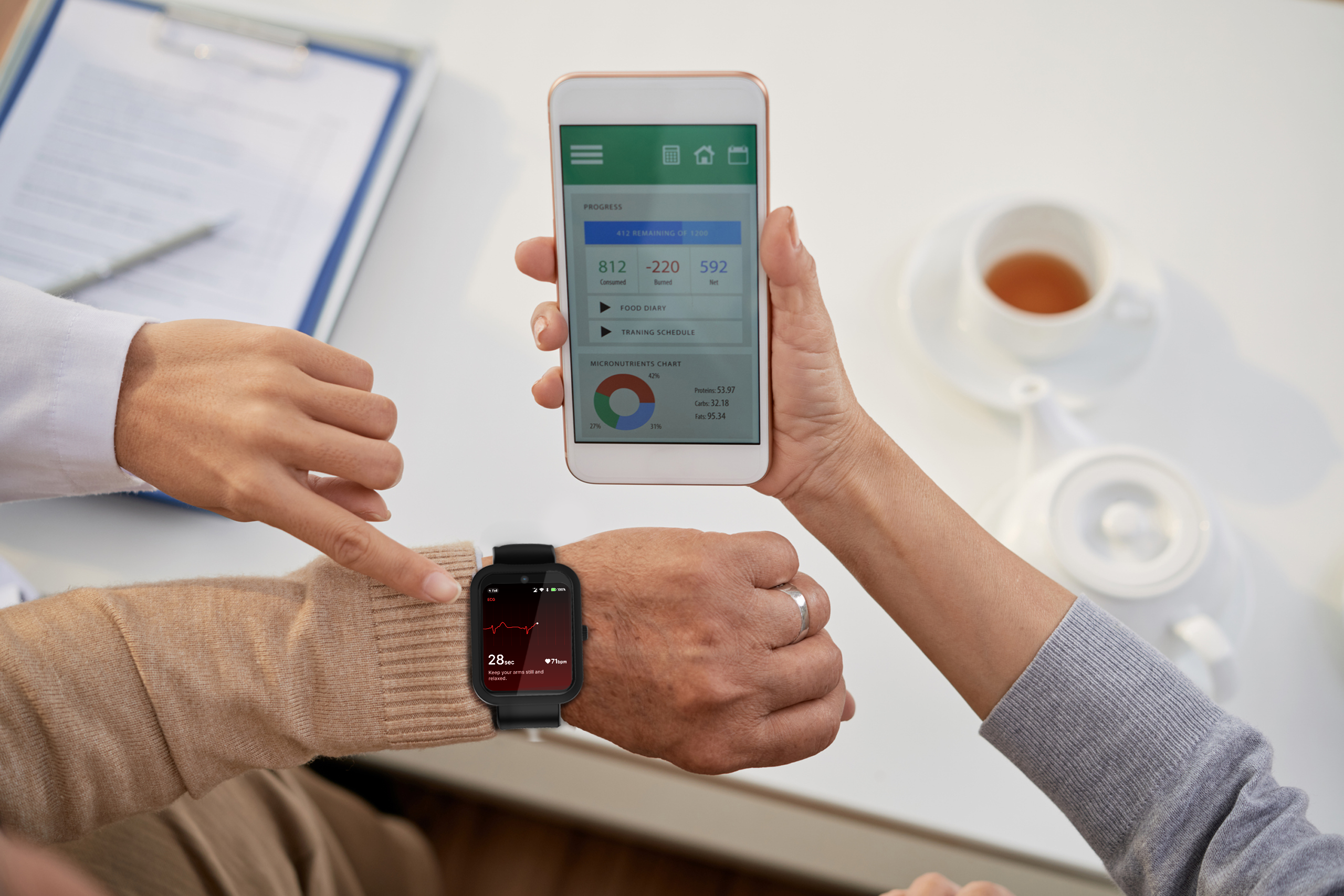

Full control over your V1 fleet with Mambo EMM.
![]()
TAA (Trade Agreement Act) compliant version available.


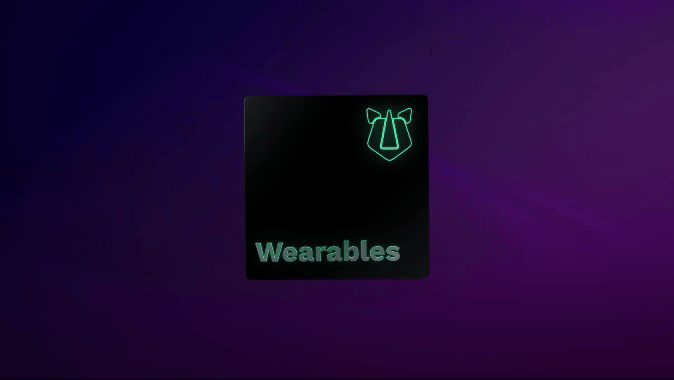
Built on the Rhino Wearables Platform.
Customizable colors, materials, and finishes.
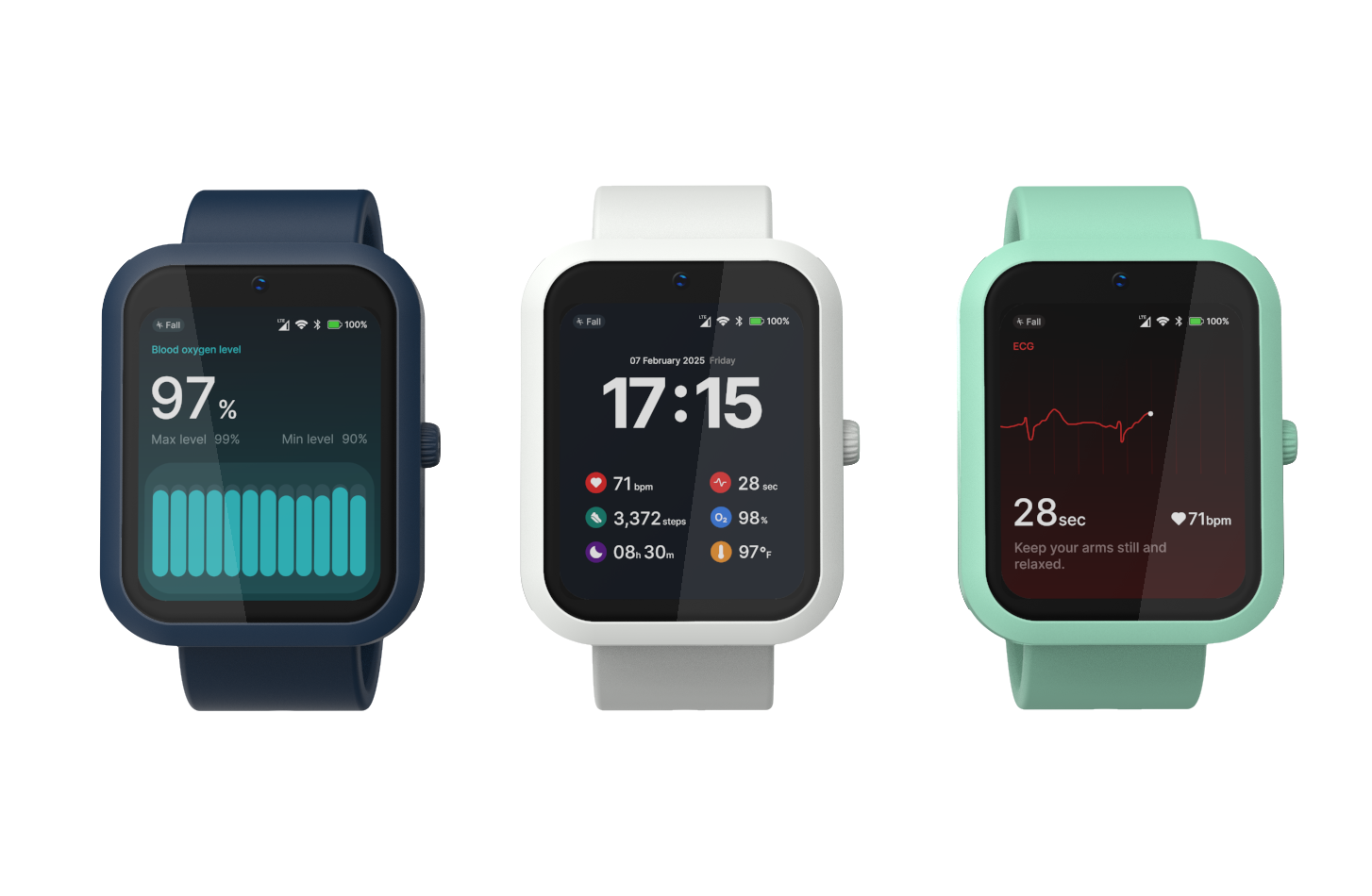
RHINO V1 Specifications
DIMENSIONS
1.8” AMOLED
DISPLAY
320 x 360 Touch
CAMERA
5 MP
BATTERY
500 mAh
Quick Charge 2.0
USB 4 Pin-Magnet
PROCESSOR
Qualcomm 4100+
1.5Ghz
MEMORY
8GB ROM + 1GB RAM
CONNECTIVITY
LTE Cat.4
UMTS: B2/4/5
4G: 2/4/5/13/66/71
VoLTE
IEEE 802.11 b/g/n
2.4GHz BT 4.1 LE
eSIM
SENSORS
Gyroscope
Accelerometer
Compass
SpO2
Temp
HR
Light and proximity sensor
Location: GPS, Glonass, Galileo
OS
Runs on Android™ (Go edition)
CERTIFICATIONS
FCC, CE, MSDS, UN38.3,
PTCRB, DoE, PRO65
WHAT’S IN THE BOX
RHINO V1 Wellness Smartwatch
USB-C cable (USB 2.0)
Charger block
Quick start guide

RHINO Key Benefits
Frequently Asked Questions
GET A QUOTE.
Let’s start designing your custom enterprise mobility solution.

